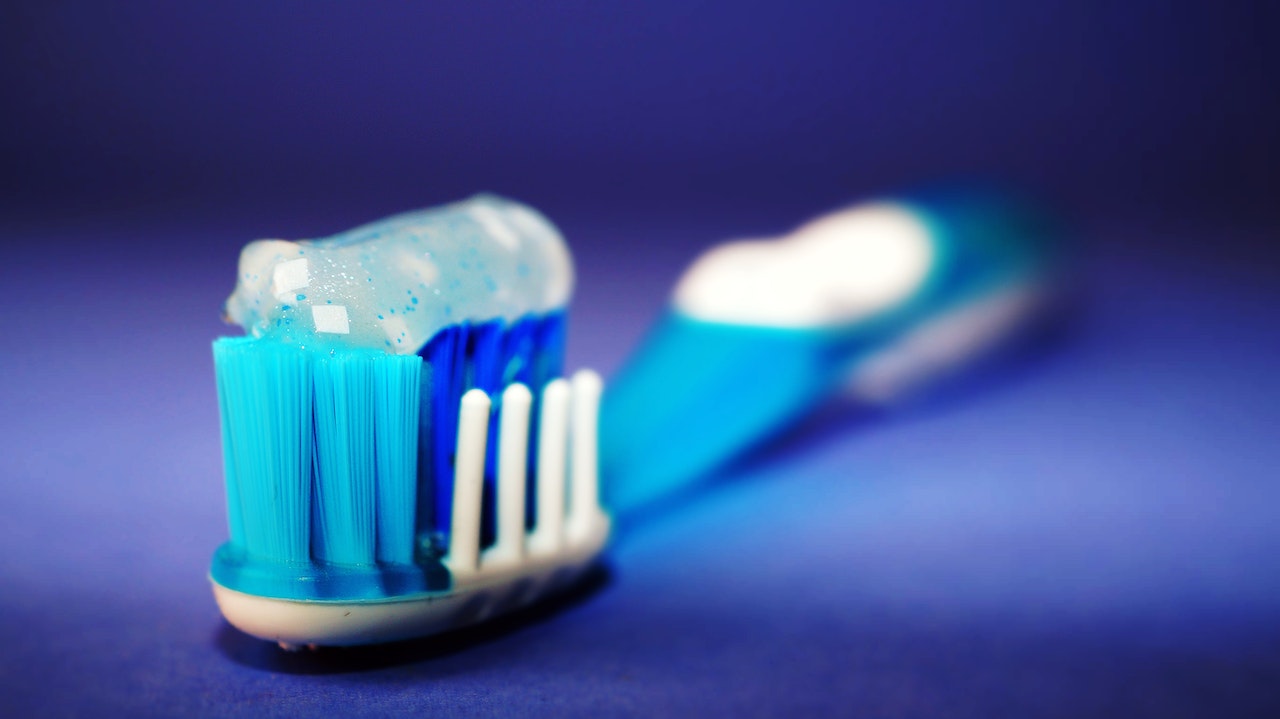Table of Contents
Prevent Young Children from Developing Cavities
Oral health is essential to a child’s overall health and development. In children, cavities are very common, although they are largely preventable. As a parent, you play an instrumental role in helping your child indulge in better oral health and hygiene from an early age.

What Are Cavities & How Do They Occur
Understanding Dental Cavities and Tooth Decay
Cavities, also known as dental caries, are holes or openings in the teeth caused by tooth decay. They develop when plaque forms on the teeth and reacts with sugars and starches in the mouth to produce acids that attack the tooth enamel. If left untreated, cavities will become larger and cause damage to the inner parts of the teeth.
Causes of Cavities in Young Children
The main causes of cavities in children are frequent exposure to sugary and starchy foods, lack of good oral hygiene, lack of fluoride, elongated breastfeeding, and tooth enamel defects. Combining these factors creates an environment in the mouth that promotes the growth of cavity-causing bacteria.
Risk Factors for Cavities in Early Childhood
Some factors that increase a child’s risk of developing cavities include frequent consumption of sugary snacks and beverages; going to bed with a bottle or sippy cup; lack of access to fluoridated water; developmental or intellectual disabilities that make proper oral care difficult, and lack of dental care or insurance.
Consequences of Cavities in Young Children
Effects of Cavities on Baby Teeth
Cavities in baby teeth can lead to pain, infection, and trouble eating and speaking for young children. If left unaddressed, the cavities will continue to expand and destroy more of the tooth. Yes, baby teeth will eventually fall out, but they are important for chewing, maintaining space for permanent teeth, and developing correct jaw alignment and speech.
Potential Complications of Untreated Cavities in Children
Untreated cavities in children often lead to more serious dental issues that may require invasive treatment. These include abscesses, tooth loss, tooth decay under fillings, and even the need for root canal treatment or tooth extraction. In severe cases, infections can spread and become dangerous if left unattended.
Impact of Cavities on Oral Health and Overall Well-Being
Cavities can significantly impact a child’s oral health and ability to sleep, grow, and learn. Pain from cavities can make it tough for kids to concentrate in school and can lead to poor growth. Cavities also teach kids unhealthy habits early on and the importance of good oral hygiene.
8 Tips to Prevent Young Children from Developing Cavities
Establishing Good Oral Hygiene Habits Early On
Good brushing and flossing habits in children from the time they get their first tooth can help prevent cavities. Brush your teeth twice daily using a soft brush or your fingers with fluoride toothpaste. Limit sugary foods and beverages to mealtimes only.
Monitoring and Controlling Sugar Intake
Minimize sugary and starchy snacks that feed the bacteria in the mouth. Offer healthy alternatives like cheese, yogurt, fruits, and vegetables instead. Avoid sugary juices, sodas, and sweetened beverages, which children should have in moderation.
Ensuring Adequate Fluoride Exposure
Fluoride helps strengthen tooth enamel and prevent cavities. Use fluoride toothpaste approved for young children and consider fluoride supplements or drops if you live in an area without fluoridated water. At the age of around age 3-6, it is recommended to properly use fluoride mouthwash with your dentist’s advice.
Regular Dental Check-Ups and Cleanings
Take your child to the dentist for their first dental visit by their first birthday. Then schedule regular dental exams and professional cleanings twice a year to monitor oral health and development. An Eastlake pediatric dentistry can spot cavities early and ensure proper oral growth.
Incorporating Healthy Dietary Practices
Offer balanced, nutritious meals and make water the primary drink to quench thirst. Limit the frequency of sugar and starchy snacks but have them with meals when offered. Healthy eating in childhood can establish good dietary habits for life.
Promoting Proper Tooth Brushing Techniques
Gently brush baby teeth in a round and round-motion with a soft brush and fluoride toothpaste. For children under 3, use a smear of toothpaste the size of a grain of rice. Increase to a pea-sized amount for ages 3-6. Help guide your child’s hand to brush thoroughly at least twice daily.
Encouraging the Use of Fluoride Mouthwash or Rinse (if age-appropriate)
Fluoride mouthwash or rinse can provide extra protection against cavities if used properly under dental guidance for children ages six and up. Swish the rinse for 30 seconds after brushing, then spit it out.
Discussing the Importance of Oral Health with Your Child
Talk to your child about why brushing, flossing, and limiting sugary foods and drinks are important for their teeth and overall health. Help them understand the consequences of poor oral hygiene and that cavities can be prevented with diligent dental care from an early age.
Conclusion
Developing good oral care habits early in childhood is key to preventing cavities and promoting long-term dental health. By minimizing sugary foods, ensuring adequate fluoride use, brushing and flossing properly, and visiting the dentist regularly, you can help keep your child cavity-free for life. Start teaching your child healthy dental habits as early as possible for their well-being and brightest smile.
Also, visit Daily Human Care for more interesting health articles.

